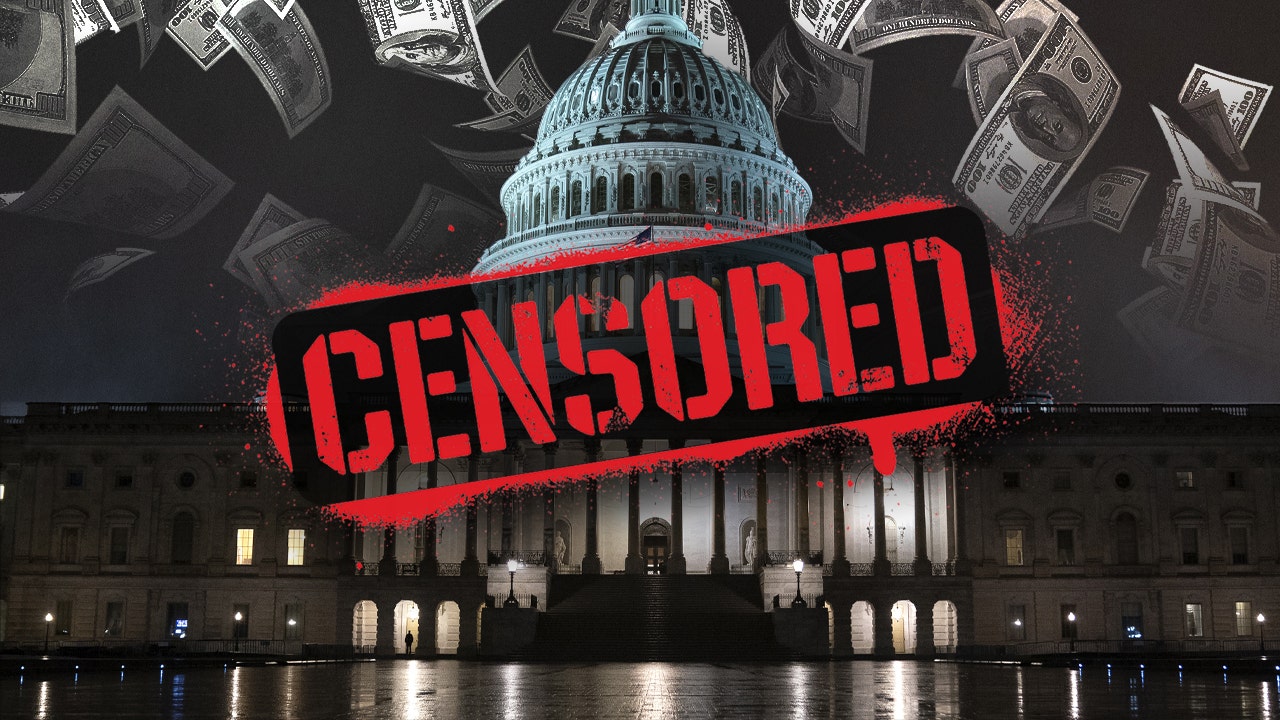State Department’s ‘Global Engagement Center’ accused of censoring Americans shuts its doors

The State Department’s Global Engagement Center (GEC) has faced major backlash from conservatives for alleged censorship of U.S. citizens and media manipulation. This week, the GEC was forced to shut its doors due to lack of funding, a move that was celebrated by critics like Elon Musk who had deemed the agency the “worst offender in U.S. government censorship & media manipulation.”
Established in 2016, the GEC had a budget of around $61 million and employed 120 staff members. However, as part of the National Defense Authorization Act (NDAA), the agency’s funding was stripped, leading to its closure by operation of law on December 23, 2024. Lawmakers had initially included funding for the GEC in a continuing resolution bill, but it was ultimately rewritten without money for the agency due to objections from conservatives.
Critics have accused the GEC of funding subcontractors to blacklist individuals and organizations, particularly during the pandemic. Journalist Matt Taibbi revealed that the agency flagged accounts as “Russian personas and proxies” based on criteria such as discussing the origins of the coronavirus and sharing banned content. The GEC’s partnership with various government agencies raised concerns about the monitoring of American citizens.
A 2024 report from the House Small Business Committee criticized the GEC for awarding grants to organizations that track both foreign and domestic misinformation, including rating the credibility of U.S.-based publishers. The agency’s involvement in censoring American media outlets led to a lawsuit filed by Texas Attorney General Ken Paxton, the Daily Wire, and the Federalist, alleging violations of the First Amendment.
Additionally, it was revealed that the GEC used taxpayer dollars to create a video game called “Cat Park” aimed at combating disinformation among youth. Critics like Stephen Miller’s America First Legal argued that the game promoted certain political beliefs rather than protecting Americans from foreign propaganda.
The closure of the GEC marks a significant shift in the government’s approach to countering disinformation. While some view the agency’s work as essential in combating foreign propaganda, others see it as a tool for censorship and manipulation. The future of U.S. efforts to combat disinformation remains uncertain as the State Department consults with Congress on next steps.




